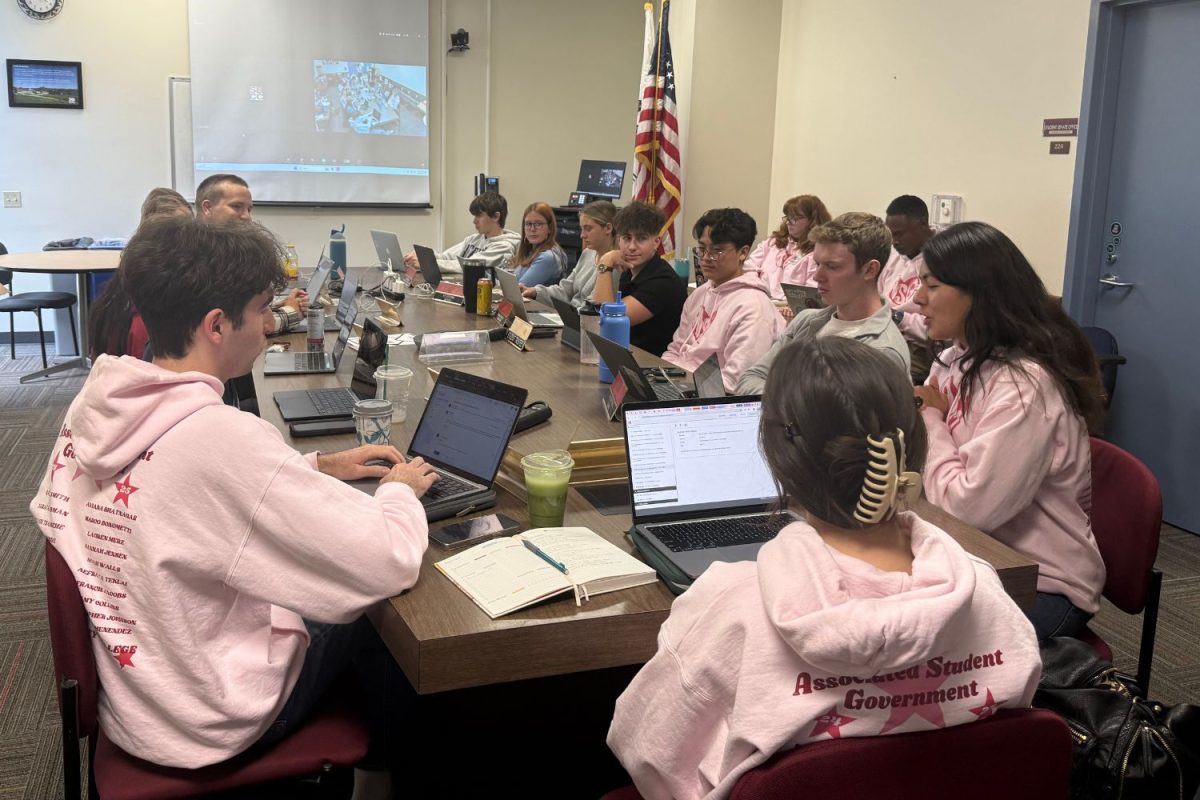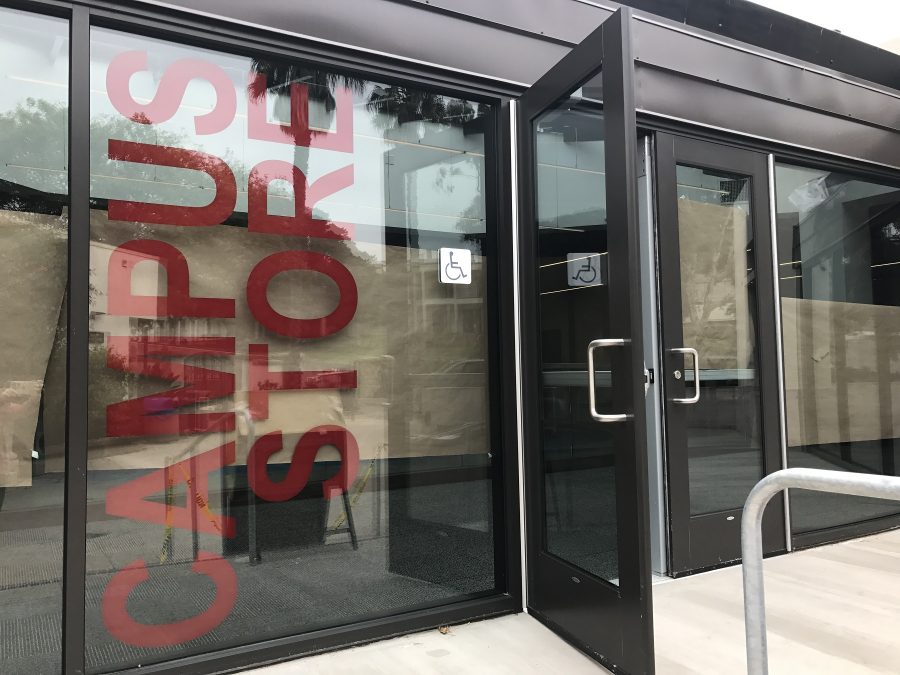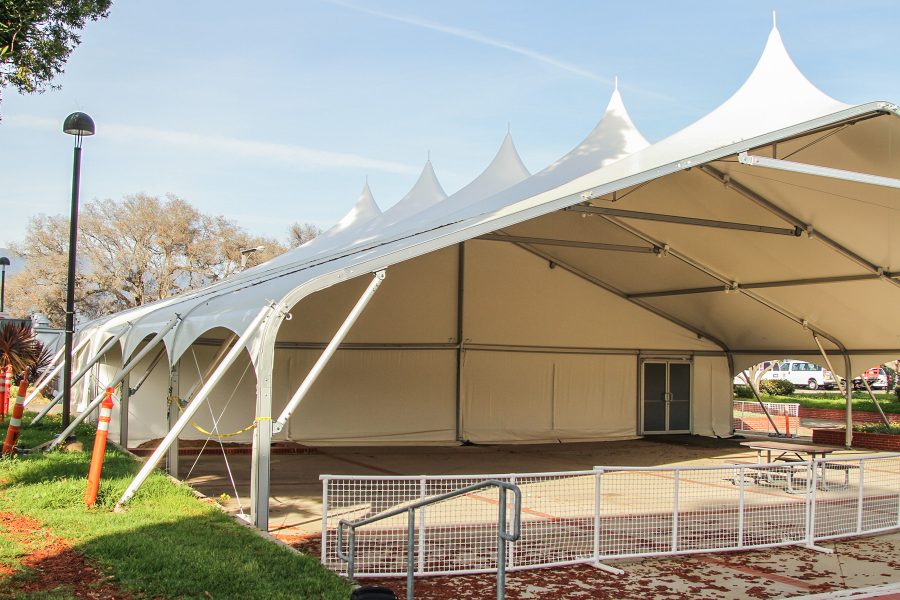At their meeting today, the Academic Senate discussed how to improve student access to classes and counseling.
Molly Ludwig, vice president of Frank N. Magid Associates, presented results from her study analyzing students who did not complete their education at City College. The report focused on why students left and how to bring them back to the school, as well as ways to improve the experience of returning students.
“Why the Student Services Building closes at 1 o’clock on Friday, I have no idea,” said Kathy O’Connor, department chair of physical education. “That was something we did when we were in budget cuts. It’s not meeting the student needs to have that building closed on Friday.”
The college aims to help returning students complete their associate’s degree. The report’s two main suggestions were improving counseling and creating a stronger support system for the students.
“At our college, like many other colleges, we have large numbers of students that have goals of advancement, who start, especially at community colleges, who don’t complete it,” said Executive Vice President Dr. Jack Friedlander.
The research found that students stopped attending the college for a variety of reasons. The main issues cited were a lack of motivation and support, conflicts between classes and work or personal reasons.
Many students juggled classes between work hours, and felt the college lacked much-needed night classes. They also cited that the college’s support systems fell short, mostly in the counseling department.
“I do a lot of academic counseling within my department, and it’s easier for them to come see me than it is to go see a counselor,” said Gordon Coburn, department chair of addictive disorders counseling.
The counselors are overwhelmed by a large number of students, who oftentimes find that making a counseling appointment is a challenge. Students already struggling to balance responsibilities have difficulties finding time to come in at 8 a.m. and wait for an appointment, Ludwig said.
Counselors also noted during certain times their offices are packed, but during the middle of the semester they’re empty.
“I’ve been here when we’ve had the office open from 7 to 8 and I twiddled my thumbs a lot,” said Academic Counselor Oscar Zavala. “I’ve been here when we thought the students would come, and they don’t come.
To tackle this problem, the college is considering online counselors, Schuyler said. The senate also discussed extending afternoon academic counseling hours.
Ludwig also recommended a system of specialized counselors trained to address the needs of returning students, like balancing work and school.
The counseling center is currently working to improve their services as best as possible for the time being. Academic Counselor Gwen Schuyler said that all of the information discussed at the meeting would be considered in their efforts.
“We are going to really analyze how we can improve our services, how we can be more effective for our students,” Schuyler said.














